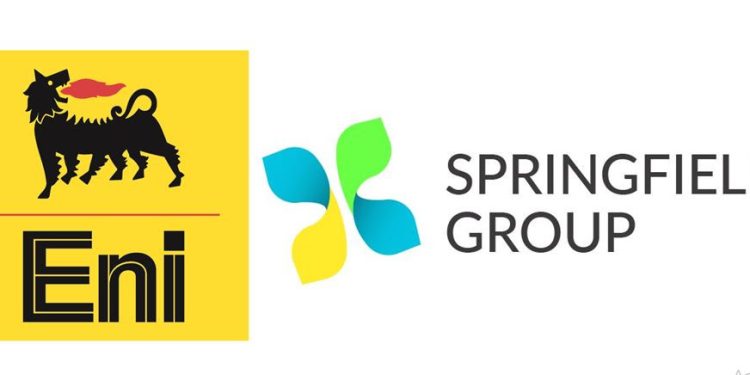Ghana Reverses ENI-Springfield Oil Unitisation Directive
- Arbitration Ruling Forces Ghana to Reverse Controversial Oil Unitisation Policy
In a move that signals a significant shift in Ghana’s upstream petroleum policy, the Ministry of Energy has withdrawn its controversial unitisation directive between Italian oil giant ENI Ghana Exploration & Production Limited and Springfield Exploration and Production Limited, a local oil firm.
The decision follows an adverse arbitral ruling, which cast doubt on the government’s legal basis for enforcing the merger of the two oil fields.
The directive, originally issued between April and November 2020, sought to force the joint development of ENI’s Sankofa Oil Field and Springfield’s Afina-1X Discovery, citing the potential for enhanced recovery and operational efficiency.
However, the Stockholm Chamber of Commerce (SCC) arbitral tribunal ruled against Ghana in July 2024, highlighting procedural missteps and a lack of statutory justification.
A Blow to Ghana’s Energy Strategy?
The arbitration panel found that the government’s directive lacked the required legal trigger under Section 34 of the Petroleum (Exploration and Production) Act, 2016 (Act 919) and the accompanying Regulation 50 of L.I. 2359.
More damningly, the Tribunal deemed the government’s allocation of participation interests arbitrary and unsupported by robust evidence, raising concerns about regulatory predictability in Ghana’s oil sector.
“The Tribunal’s decision underscores the need for regulatory certainty in Ghana’s energy sector,” said a legal analyst familiar with the case. “Forcing unitisation without meeting the statutory conditions exposed the government to significant legal and financial liabilities.”
Political and Economic Repercussions
The reversal of the directive is likely to have profound consequences for Ghana’s investment climate, particularly in its oil and gas sector. The directive had already dampened investor confidence, with ENI and Vitol one of its joint venture partners initiating legal action against the Ghanaian government in 2021.
Industry stakeholders are now questioning whether Ghana’s regulatory environment remains stable enough to attract new offshore investment.
“The energy ministry’s decision to withdraw the directive restores some confidence, but the damage may have already been done,” said an international oil and gas executive who requested anonymity. “Investors need policy consistency, not abrupt directives that later collapse under legal scrutiny.”
Ghana’s Next Steps: A More Cautious Approach?
Despite withdrawing the directive, the Ministry of Energy has not ruled out issuing new unitisation orders in the future. In its statement, the government maintained that the concept of unitisation itself was not unlawful but that the specific implementation process in this case had legal flaws.
“The government reiterates its commitment to maintaining a conducive investment environment while ensuring compliance with the legal and regulatory framework governing the industry,” read the Ministry’s statement, signed by Energy Minister John Abdulai Jinapor.
Observers argue that the government must now engage stakeholders more transparently to avoid similar costly disputes in the future. If unitisation is to be revisited, industry experts suggest that authorities must conduct thorough geological assessments and offer a transparent framework that aligns with both Ghana’s economic interests and international legal standards.
What This Means for Ghana’s Oil Future
Ghana’s energy sector is at a crossroads. The country remains eager to maximize oil revenues, particularly amid economic recovery efforts and looming debt obligations.
However, the uncertainty surrounding energy regulations could hinder further investments in exploration and production.
As Ghana reassesses its approach to oil field unitisation, one question remains: Will future government interventions be driven by legal rigor and economic foresight, or will they continue to expose the country to costly legal entanglements?
For now, energy giants, investors, and policymakers will be watching closely.







